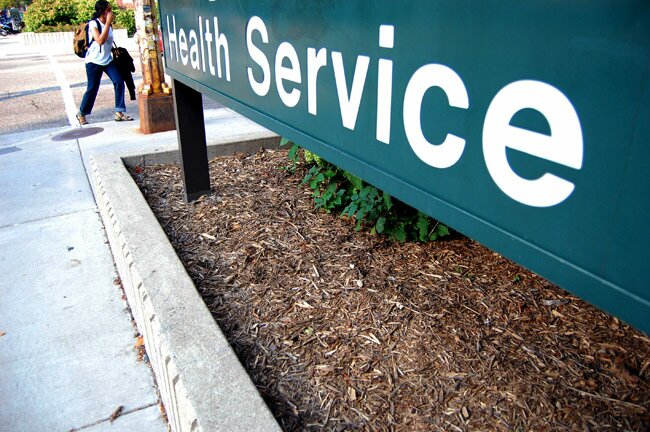Hospitals warned over weekend care
Hospitals warned over weekend care
Sir Bruce Keogh, NHS England’s medical director, said he was setting out “pretty radical changes” which were backed up with some “pretty hard levers” to make sure hospitals complied. He told t he Sunday Times that hospital trusts will be contractually bound to run a full service seven days a week – with breaches costing them up to 2.5% of their annual income of up to £500 million. Sir Bruce indicated the changes, which could cost around £1 billion to implement, would result in hospitals making more efficient use of equipment and expertise.
The increased risk of mortality at the weekend could be as high as 11% on a Saturday and 16% on a Sunday, according to an analysis of more than 14 million hospital admissions in 2009/10. Under the plan, w ithin three years all patients admitted to a hospital ward as an emergency will see a consultant within 14 hours, and those already in hospital will be reviewed by one every 24 hours. Routine surgery will also be available for minor conditions, such as hernias, as well as blood tests, heart checks and biopsies, saving patients from having to take time off work. Services such as X-rays, ultrasounds, CT and MRI scans will be carried out promptly at weekends, following the review.
On the BBC’s Andrew Marr Show Sir Bruce explained that ” junior doctors are feeling particularly stressed at the weekends because of the complexity of patients, the complexity of diagnosis and treatment, and they feel unsupported.” He said: “This has been brought to our attention and we worry about that, not only because it may relate to the higher mortality but also because it implies that we could be training the next generation of doctors better.” Effectively shutting down many services at the weekend was also wasteful, he added. “It seems strange in many ways that we should start to wind down on a Friday afternoon and warm up on a Sunday while operating theatres are empty, outpatient clinics echo, expensive diagnostic kit isn’t being used and in the meantime people are waiting for diagnosis and treatment.”
Sir Bruce indicated that the changes would add around 1.5% to 2% of the annual hospital running costs. “The budget of the NHS is, broadly speaking £100 billion. Only half of the expenditure is spent in hospitals, the other half is spent outside hospitals.” But he said: ” What we do know is that if you have more consultant presence in a hospital at the weekend, several things happen: firstly you don’t have inappropriate admissions to the hospital. “Secondly, when those patients are admitted they get a diagnosis quicker and the appropriate treatment is started more quickly. “That means that patients spend less time in hospital and the hospital as a whole runs more efficiently.”
Sir Bruce said he believed a clause in contracts which says that organisations cannot force consultants to work at weekends could be removed, Setting out his plan, which will be put to NHS England’s board on Tuesday, he said 10 benchmarks had been identified for hospitals to meet. “We have identified 10 clinical standards which will deal with what our expectations are in terms of diagnostic capacity in organisations at the weekend – so how their labs work and consultant presence as well. “Those seem to be the two things that are at the heart of this matter. We are going to put those into the NHS contract for organisations over the course of the next three years. “We are going to make organisations be absolutely transparent about whether they are meeting these 10 clinical standards or not. ”
Organisations which do not have suitable levels of consultant presence will be prevented from contracts to train junior doctors. The Care Quality Commission will ensure that no hospitals receive the highest ratings unless they meet the conditions and “for acute services to be judged safe, they have to be safe 24/7″. “These are some pretty radical changes with some pretty hard levers behind them,” Sir Bruce said. He will also ask NHS England to set up pilot schemes in 2014/15 to improve GP access for at least 500,000 people to help move to a seven-day model across the health service. Health Secretary Jeremy Hunt said: “Patients should be at the heart of the NHS and be able to depend on it every day – not just Monday to Friday. I want the NHS to expand to provide seven-day services so that more patients get the right care, when they need it.”
Pin It


